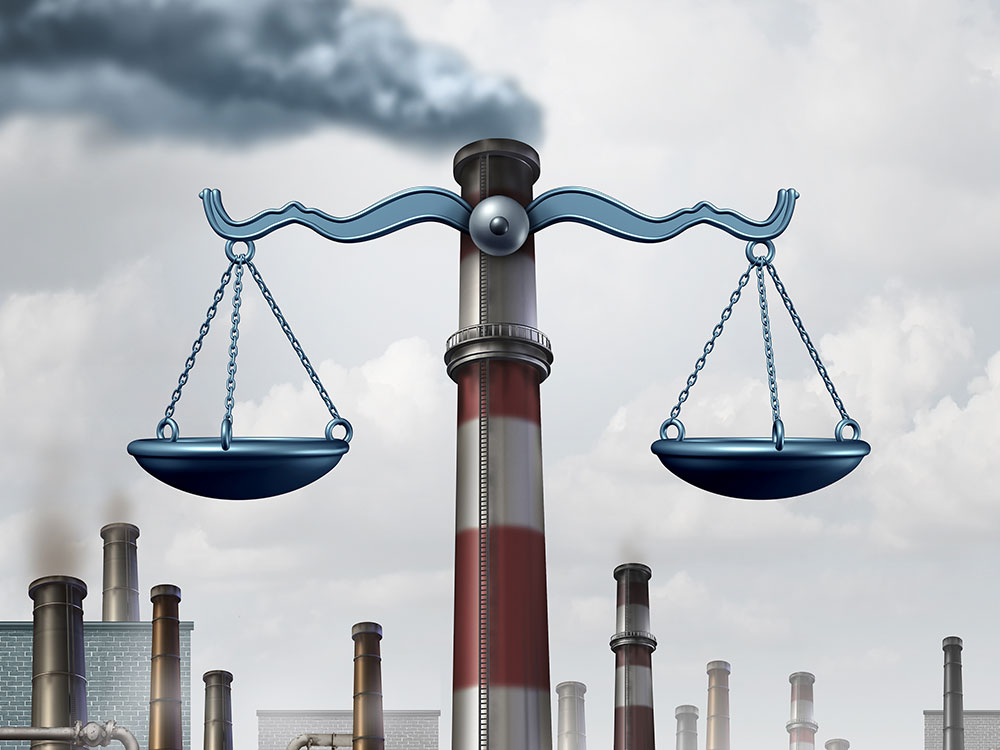Just as we expect a family doctor to stay up-to-date on the latest pandemic, or a financial adviser to be aware of subprime mortgage risk, professionals are relied upon by the public to educate themselves on and respond to the latest crises affecting their profession.
Climate change is a systemic problem creating risks across society and economic sectors.
Although some professional bodies in Canada have started to issue guidelines to their members, lawyers in Canada are falling behind. Lawyers in British Columbia have a chance this month to vote on a resolution to change that.
Canada is warming at more than twice the global warming rate. World leaders and governments, institutional investors, the Supreme Court of Canada and innumerable stakeholders including youth have recognized that climate change is a reality, a global financial risk and an existential threat to humanity. Mandatory climate disclosure for public companies is just around the corner; Environmental, Social, Governance principles have become mainstream expectations; and organizations are facing a “tidal wave” of climate litigation with over 1,800 cases worldwide and landmark cases frequently altering the global legal landscape.
As lawyers, we are wilfully putting on blinders if we ignore these realities.
Lawyers must consider the risks that climate change presents to their clients. Doing so is not a political act; it is not a failure by the lawyer in representing their clients’ interests. In fact, a lawyer that neglects to take these considerations into account is at risk of being in breach of their duties to their client.
The Law Society of British Columbia is being asked to encourage lawyers to formally incorporate climate change considerations into their role as lawyers. This represents an opportunity to lead in this initiative and set an example for other law societies and bar associations across Canada.
On June 22, Resolution 4: Member Resolution regarding the Role of Lawyers in Addressing Climate Change, put forth by two B.C. Lawyers, Hasan Alam and Yuki Matsuno, will be voted on at the Annual General Meeting. Resolution 4 asks the Law Society to encourage lawyers to take steps to address climate change and advise their clients as appropriate of climate-related risks and opportunities; to implement a task force to develop practice guidelines and create educational programming; and to set an example by carrying out a climate impact report for the Law Society itself.
Resolution 4 is not radical or controversial. Rather, it recognizes our already existing obligations as lawyers. It acknowledges the disproportionate impacts climate change has on Indigenous peoples, our commitments to truth and reconciliation, and our duties as lawyers, responsible professionals and global citizens. Resolution 4 is table stakes in this climate emergency. It should have happened yesterday.
In 2020, the International Bar Association issued its Climate Crisis Statement, noting that the legal profession “must be prepared to play a leading role in maintaining and strengthening the rule of law and supporting responsible, enlightened governance in an era marked by a climate crisis.” Included in its recommendations was the demand for law societies to develop practical educational tools and best practice guidelines, and to encourage lawyers and legal practices to actively support, engage with and record their efforts in combating the climate crisis.
Resolution 4 falls squarely within the Law Society of BC mandate to protect the public interest “by setting and enforcing standards of professional conduct for lawyers,” particularly in ensuring lawyers stay competent in a rapidly changing world. The Law Society of England and Wales and the American Bar Association have already adopted similar climate resolutions. Other professions, such as the Chartered Professional Accountants of Canada, have published multiple guidelines for their members to help their clients adapt to climate change.
As lawyers, we pride ourselves as a profession and privately lament the future as forest fires, smoke-filled skies and extreme weather events become inevitable annual occurrences throughout B.C. Lawyers do not have to suffer from cognitive dissonance in the way we practise law versus mitigate climate change risk for future generations. Voting for Resolution 4 gives B.C. lawyers an opportunity to do something, collectively, as one of the many things we must do in this climate emergency. ![]()
Read more: Rights + Justice, Environment
















Tyee Commenting Guidelines
Comments that violate guidelines risk being deleted, and violations may result in a temporary or permanent user ban. Maintain the spirit of good conversation to stay in the discussion.
*Please note The Tyee is not a forum for spreading misinformation about COVID-19, denying its existence or minimizing its risk to public health.
Do:
Do not: